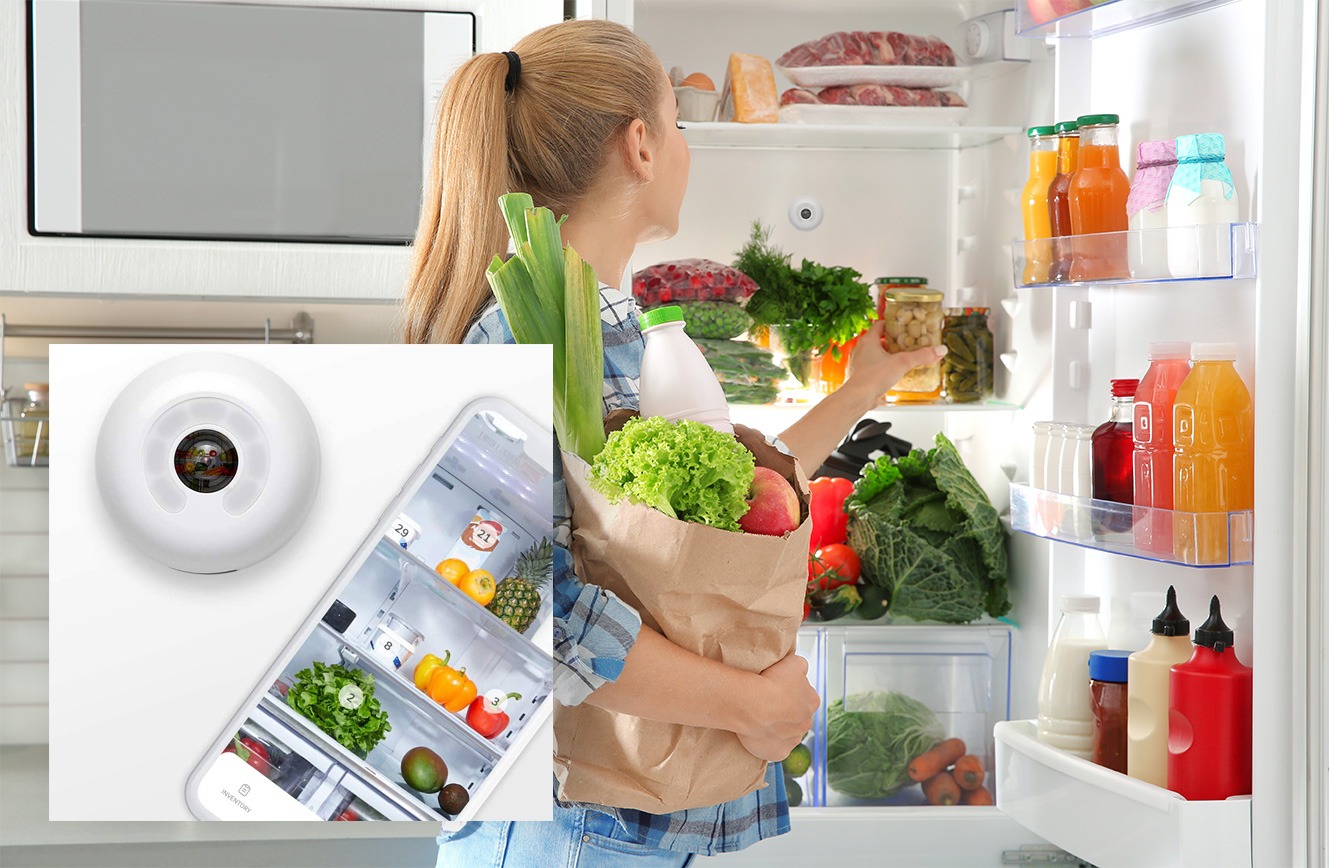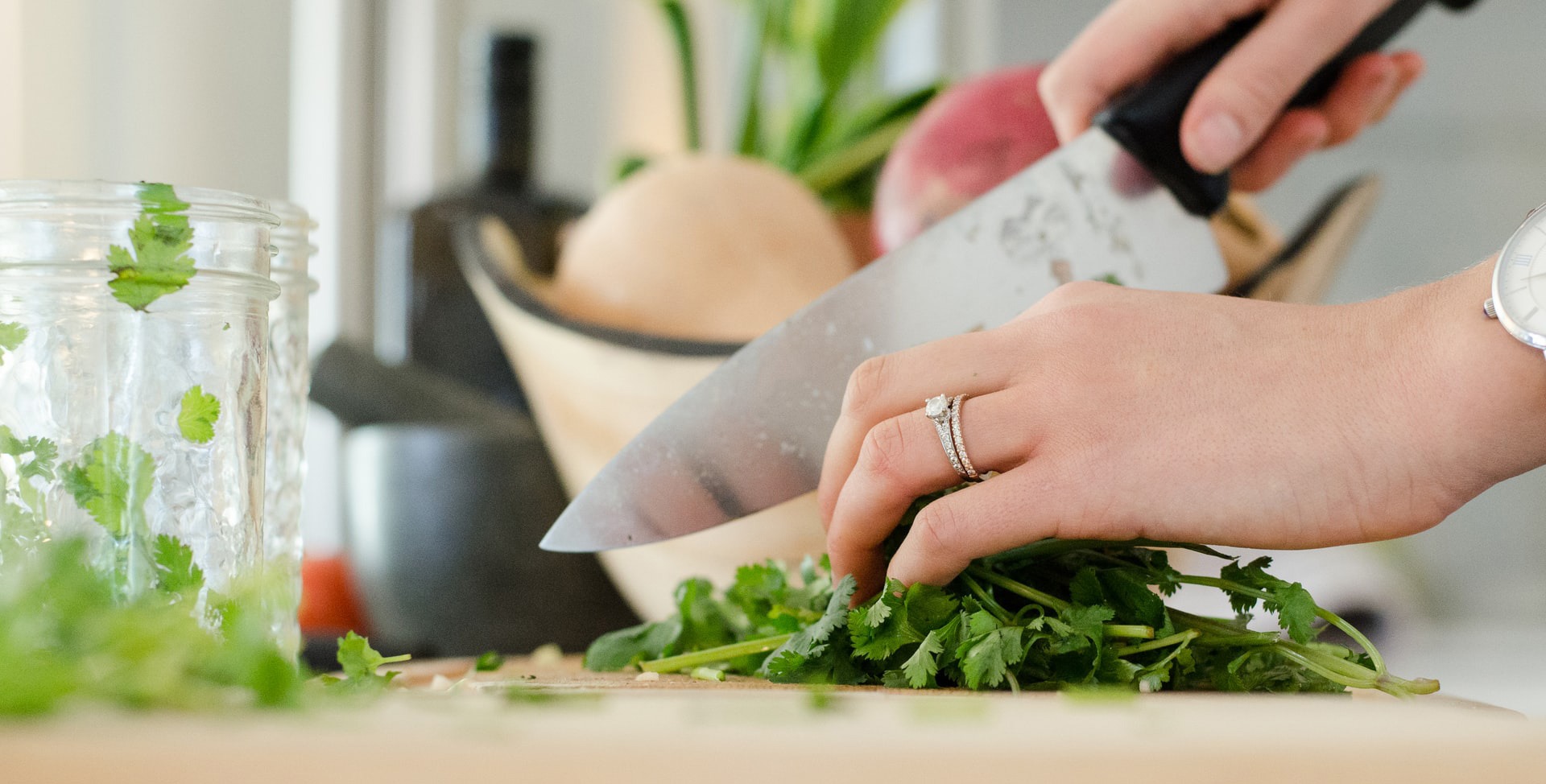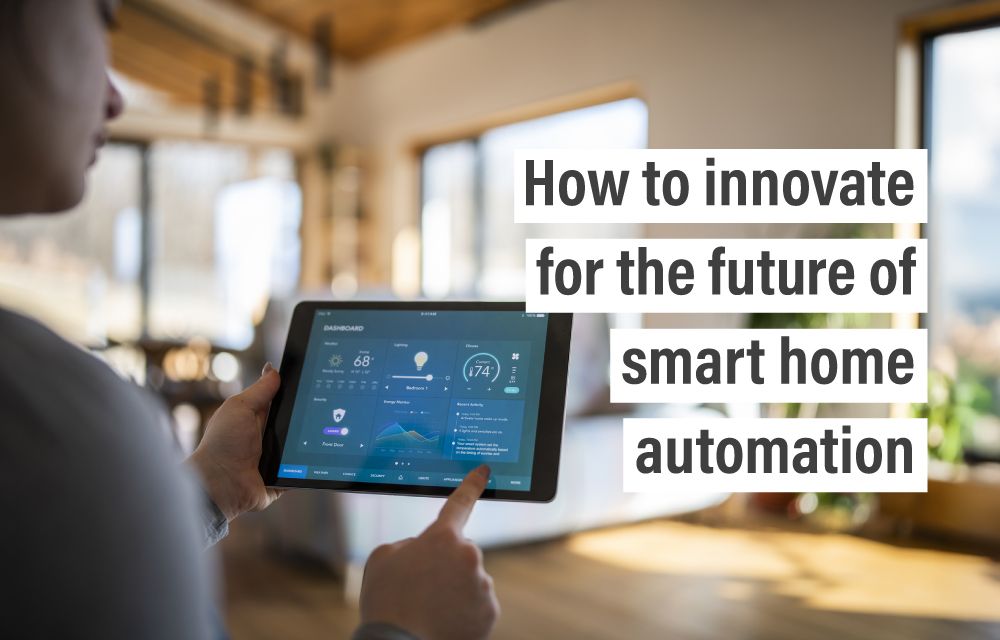Household waste, smart kitchen appliances, and desertification
KEY POINTS
- Agricultural expansion leads to soil erosion and land degradation
- 70% of UK food wastage comes from households
- Smart kitchen appliances help consumers reduce food waste
- FridgeCam and smart indoor gardens save money, reduce waste, improve health, and reduce energy consumption
- Food wastage apps to track expiry dates, create recipes from leftovers or give food away
- Affordable changes to consumer behaviour can be impactful and sustainable
Looking to create cutting-edge smart products that set your business apart? Our team excels in designing bespoke products that marry technology and user experience. Contact us today to begin designing your distinctive product line!
Ben Mazur
Managing Director
I hope you enjoy reading this post.
If you would like us to develop your next product for you, click here
Can smart kitchen appliances help reduce desertification?
Desertification tends to conjure faraway images of camels trekking across sand dunes or desolate earth-cracked salt pans. But the reality is much closer to home: Desertification is “land degradation in arid, semi-arid, and dry sub-humid areas” [1]. Meaning that even areas such as East Anglia and Surrey with semi-arid climates are in the same category (evidenced by over 2 million hectares of soil currently at risk of erosion in the UK alone[2]). But what do smart kitchen appliances have to do with desertification?
Global problems have local roots and solutions – many of which are in our homes, schools, businesses, and municipalities. One of the leading causes cited for land degradation is agricultural expansion [3]. This expansion correlates to our food, water, and waste management behaviour. By re-evaluating our habits when it comes to food alone, the burden on the agriculture sector will be reduced. Smart kitchen technologies could help us do that without breaking the bank.
What else happens when food goes to waste?
Food that goes into the bin and not towards compost tends to end up in landfills and rot- creating methane, a greenhouse gas more toxic than carbon dioxide. Eliminating the amount of food we waste could prevent 7.41 million tonnes of greenhouse gas emissions from contributing to climate change [4]. And that’s not even counting all the wasted energy that went into growing, harvesting, transporting, and packaging it for sale in the first place. Did you know that it takes six buckets of water to grow a single potato?
Aren’t most of us already doing enough to ‘Go Green’?
As citizens and eco-conscious individuals, we tend to think that as long as we reduce, reuse, and recycle, we’re going green and doing our part for the environment. While that strategy was – and still is – effective a few years ago, the current state of our land affairs needs us all to step up a notch or two – especially regarding the amount of food we waste.
Looking at household food wastage before, during, and after Covid is interesting. In 2018, the UK produced about 9.5 million tonnes of food waste [5] – 70% of which was from households! During the height of the pandemic, this percentage went as low as 13.7% due to the food management behaviours people adopted during lockdowns (e.g. pre-shop planning, checking expiry dates, using-up leftovers). The latest survey tracking wastage [6] found that household food waste is now back in line with levels recorded in 2018.
The takeaway is that we’re clearly capable of reducing food wastage. But when the day-to-day gets busier and we start spending less time at home, maintaining the type of best practice behaviour we adopted during Covid becomes more of an effort. Can our kitchen appliances help to make this effort smarter, not harder?
Top kitchen appliances for waste-reduced living
Smart kitchen appliances can do much more than improve security and reduce energy bills. They can help us to shop more efficiently and eat healthier too!
- FridgeCam turns any regular fridge into a smart one. It costs £25, and the benefits are invaluable:
- It saves you from doubling up on groceries you already have in stock
- You can see exactly what you have in your fridge from any location
- It can automatically add items to your inventory when you run out
- It integrates with other home devices, e.g. Siri
- It can eliminate up to £700 in food waste
Smart indoor garden kits allow you to grow fresh herbs all year round. They’re low maintenance and automated to control light, water, and nutrients. With prices that start from £66, even those who know little about gardening, or don’t have one, can:
- Save money in the long run. We generally only use a small amount of the fresh herbs bought in-store, and the rest often goes to waste
- Reduce single-use plastic that shop-bought herbs come packaged in
- Enjoy fresher, healthier meals. Who knows what pesticides or chemicals were used on the ones you bought in the shop?
- Have an aesthetically pleasing kitchen that smells great and improves our sense of wellbeing
- Benefit from having a fun and educational activity
Smart trash cans and dustbins, however, don’t offer much in the way of reducing food waste. Most are only designed with motion sensors to open automatically and reduce odours – which does little to address the nature and volume of what we’re putting inside. Gadgets such as the SmartBin Air, while not IoT-based kitchen appliances, offer an ideal solution: A simple and odour-free kitchen composting system that transforms organic food waste into a ‘smartbrew’. This brew can then be used to fertilise plants, enrich the soil and even clean drains.
And then there are the apps. These can help us to track food expiry, create recipes based on ingredients in the fridge or pantry, and reduce food waste by connecting to our local community and giving it away while it’s still good.
Are household interventions enough to slow down desertification?
Interventions have to begin somewhere; as consumers, we’re at the starting block. What we buy influences the rest of the supply chain that follows: From grocers, retailers, and manufacturers; to restaurants, importers, and farmers. Whatever changes we make at a household level will have a similar butterfly effect on the rest of the chain.
The changes we make don’t have to be as expensive as a fully kitted smart home, as challenging as plant-based diets, or as daunting as going vegan. Smart kitchen appliances help the small changes that we can make to be impactful and sustainable ones.
Do you have any insights or interventions for managing household food wastage that IoT could provide? Reach out and connect with us; we’d love to know more!
- United Nations. (n.d.). World Day to Combat Desertification and Drought. Retrieved August 15, 2022, from https://www.un.org/en/observances/desertification-day
-
GOV.UK. (2021, July 23). Summary of the state of the environment: soil. GOV.UK. Retrieved August 15, 2022, from https://www.gov.uk/government/publications/state-of-the-environment/summary-state-of-the-environment-soil
-
ReliefWeb. (2018, July 9). World Atlas of Desertification – Rethinking land degradation and sustainable management – World. Retrieved August 15, 2022, from https://reliefweb.int/report/world/world-atlas-desertification-rethinking-land-degradation-and-sustainable-management
-
WWF. (n.d.). Fight climate change by preventing food waste. World Wildlife Fund. Retrieved August 15, 2022, from https://www.worldwildlife.org/stories/fight-climate-change-by-preventing-food-waste
-
House of Lords Library. (n.d.). Food waste in the UK. Retrieved August 15, 2022, from https://lordslibrary.parliament.uk/food-waste-in-the-uk/
-
UK household food waste tracking survey Winter 2021: Behaviours, attitudes, and awareness. (n.d.). WRAP. Retrieved August 15, 2022, from https://wrap.org.uk/resources/report/uk-household-food-waste-tracking-survey-winter-2021




